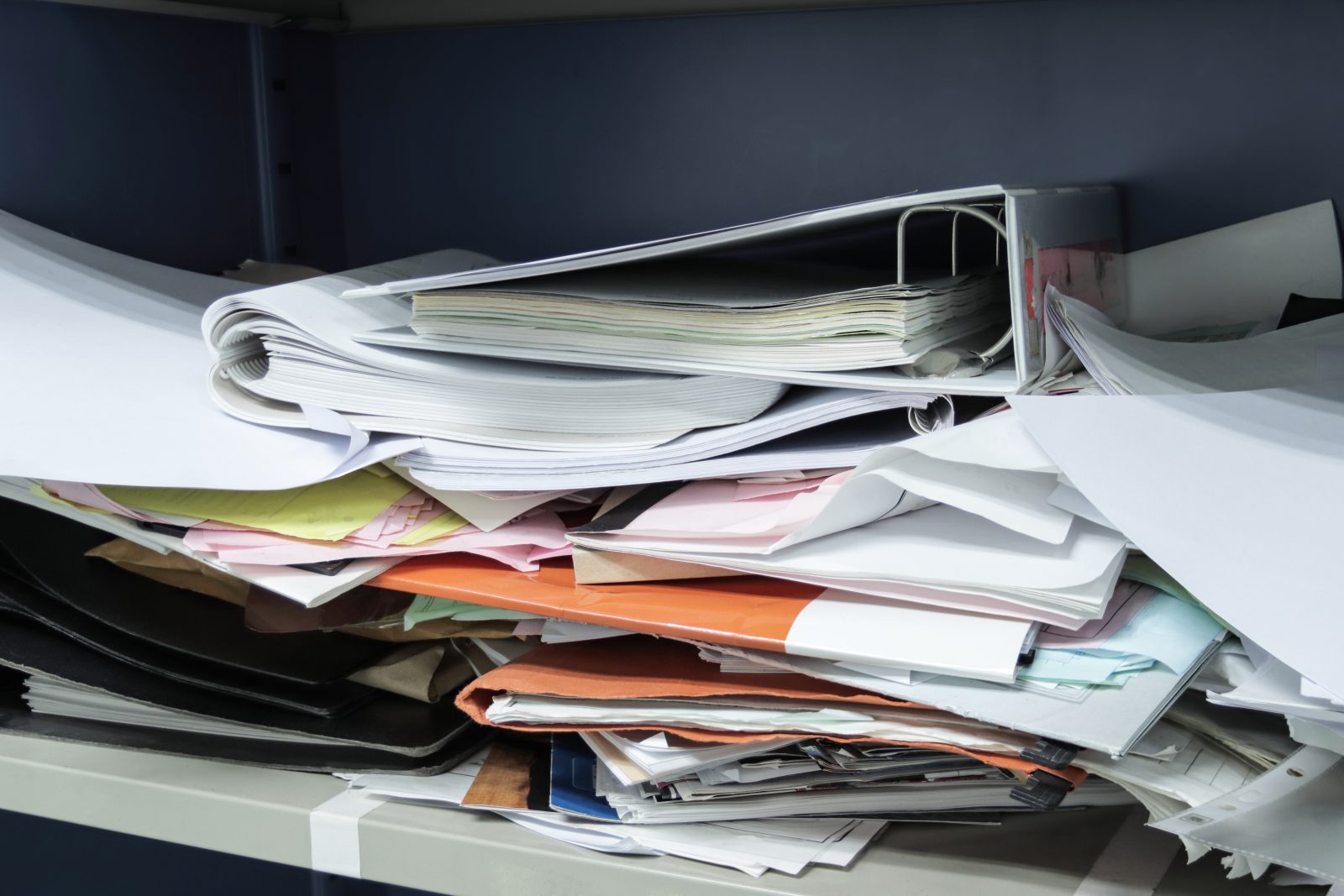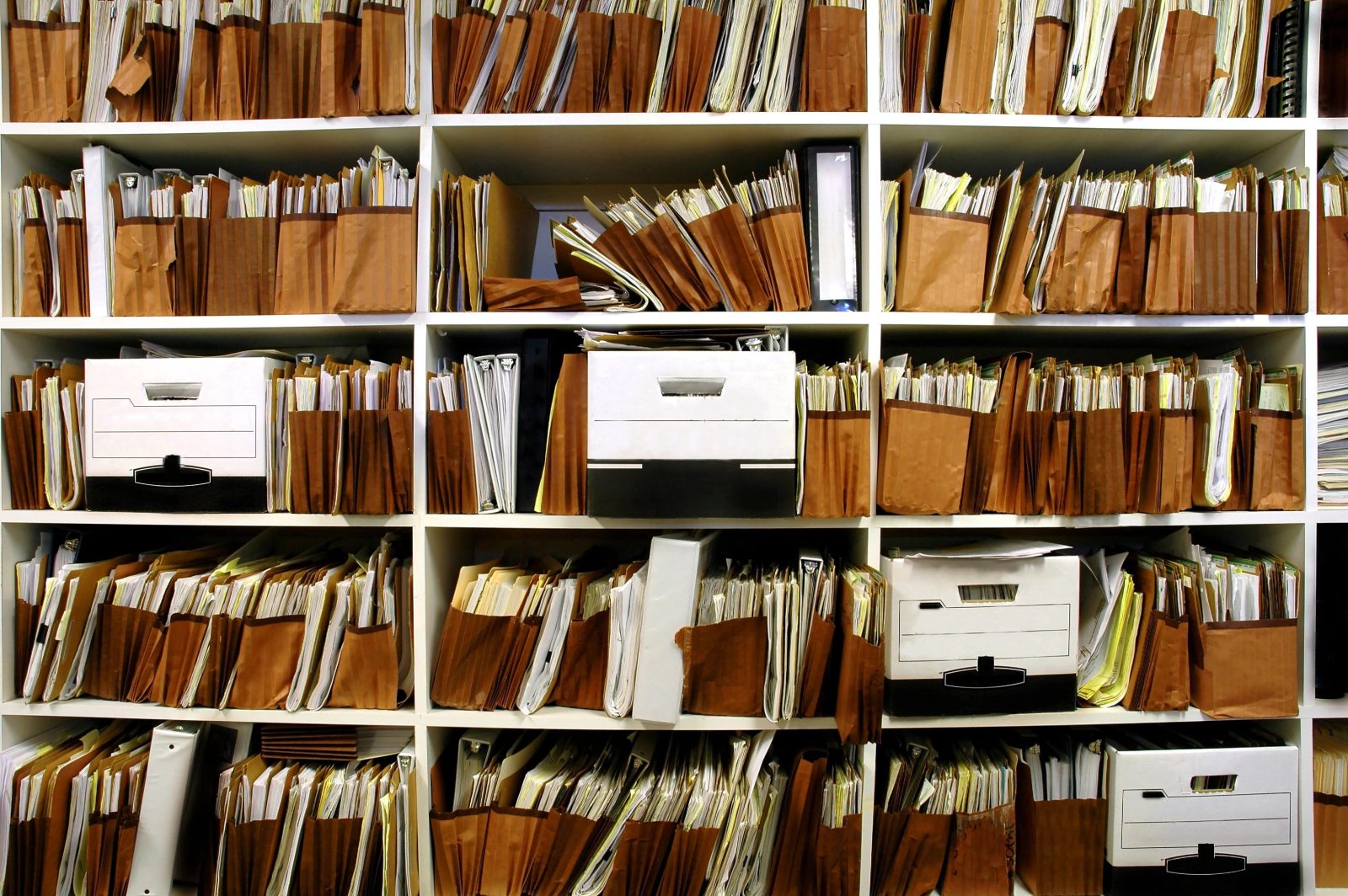Tax returns are among the most sensitive and important documents that individuals and businesses handle. They contain personal information like Social Security numbers, income details, and bank account information—all of which can be highly valuable to identity thieves. However, as time goes by, you may accumulate several years of old tax returns, and you may be unsure whether to keep them or dispose of them.
So, what should you do with those old tax returns stored at home or at the office? Here’s a guide to managing your old tax records securely and efficiently.
Before deciding what to do with your old tax returns, it’s important to know how long you should keep them. Review IRS guidelines for retention and/or consult a tax professional for specific guidelines regarding retention.
Additionally, state tax agencies may have their own guidelines, so ask about your state’s rules as well.
Before you get rid of any old tax returns, take a moment to review them. Ensure that the information is no longer needed for any ongoing business or personal financial matters. You may need old tax returns to support applications for loans, mortgages, or even business partnerships.
It’s also wise to consult with your accountant or financial advisor to verify that you don’t need to retain any specific documents for longer periods, particularly for more complex tax situations.
If you’re concerned about getting rid of old paper tax returns but don’t have space to store them, consider digitizing them before destruction. Scan the documents and save them in a secure, encrypted format on your computer or a secure cloud storage service. This way, you’ll have access to the information without keeping physical copies that take up space and pose a security risk.
Ensure that your digital copies are backed up and stored securely to avoid data loss.
Once you’ve determined that it’s safe to dispose of your old tax returns, secure destruction is critical. Tax returns contain highly sensitive information that could be exploited by identity thieves. Simply throwing them in the trash or recycling bin can leave you vulnerable to fraud.
Using a professional shredding service is the safest and most effective way to destroy old tax returns. Shredding services use industrial-grade shredders that turn your documents into tiny, unreadable pieces, ensuring your sensitive data cannot be reconstructed. Additionally, many professional shredding companies provide a Certificate of Destruction, giving you peace of mind that your tax returns were properly disposed of.
Holding onto tax returns longer than necessary can contribute to paper clutter and create security risks. Keeping outdated, sensitive documents around your home or office can increase the chances of theft, loss, or accidental disclosure.
By regularly reviewing and securely shredding old tax records, you can maintain an organized filing system and protect your personal and financial information.
Old tax returns that are no longer needed should be securely destroyed to prevent identity theft and protect your personal information. Follow IRS guidelines for retention, review the documents before disposal, consider digitizing them for future reference, and always use a professional shredding service or personal shredder to ensure safe destruction. By managing your tax records responsibly, you can reduce clutter, stay organized, and keep your information safe from potential threats.







